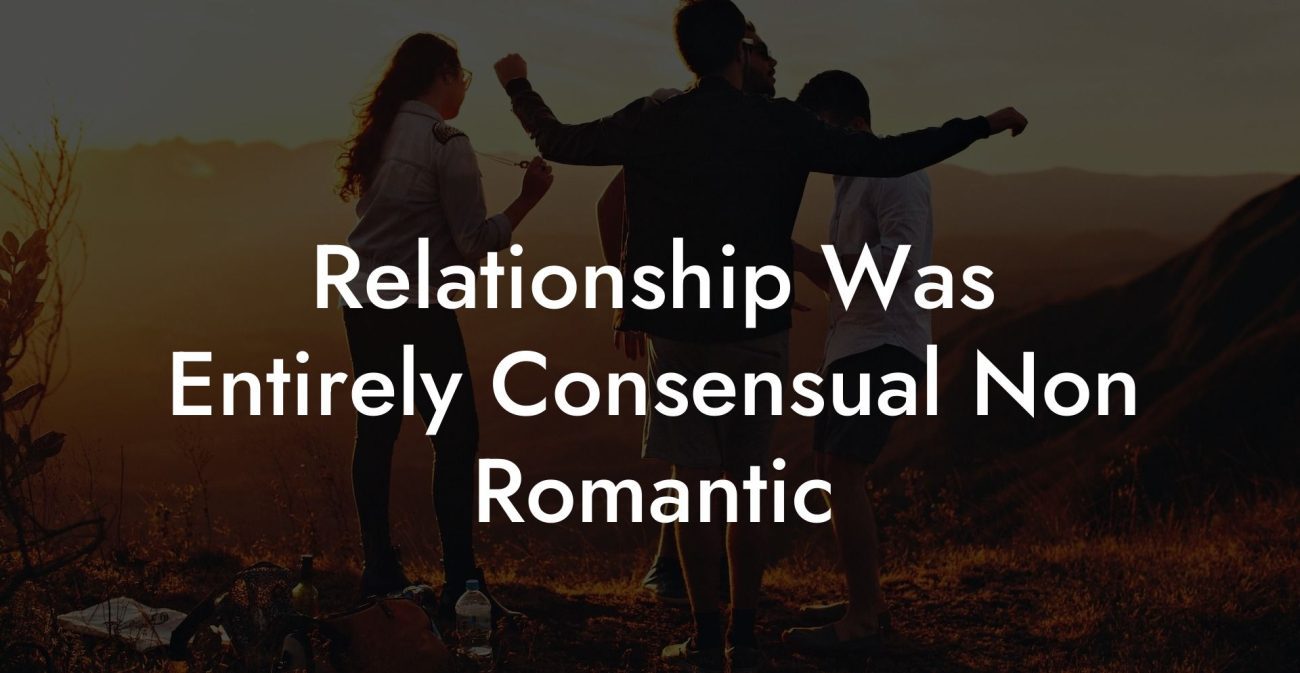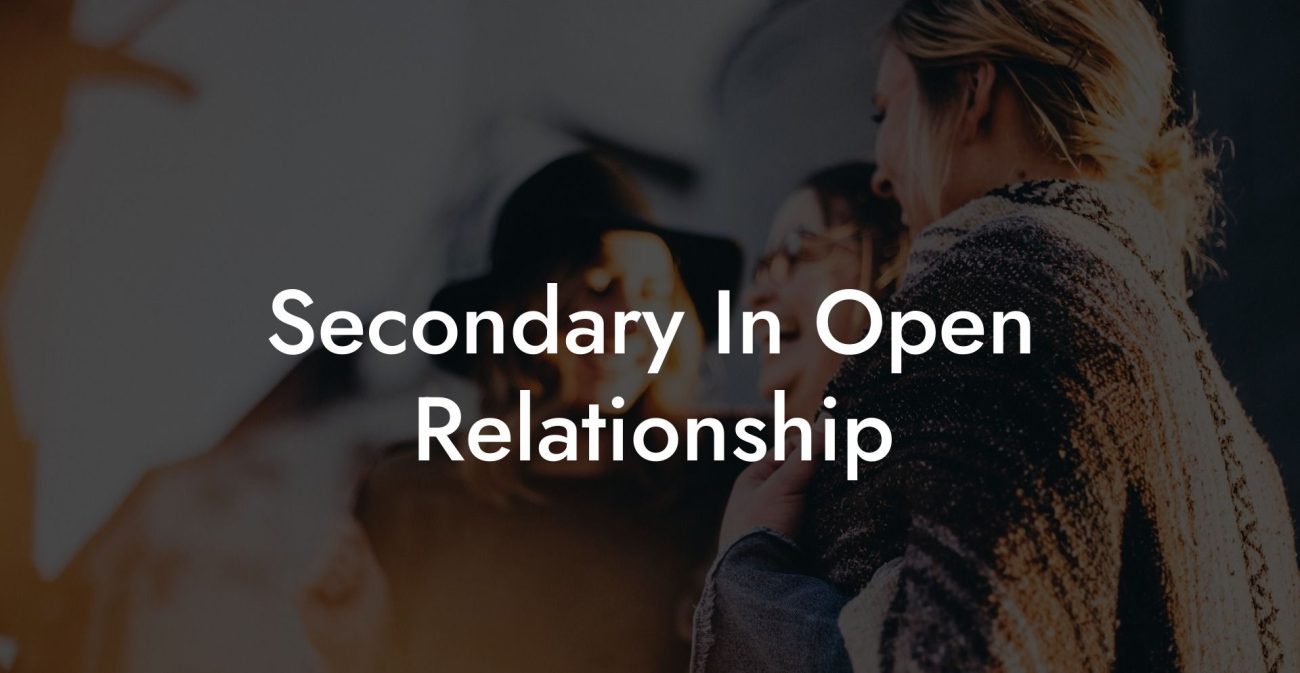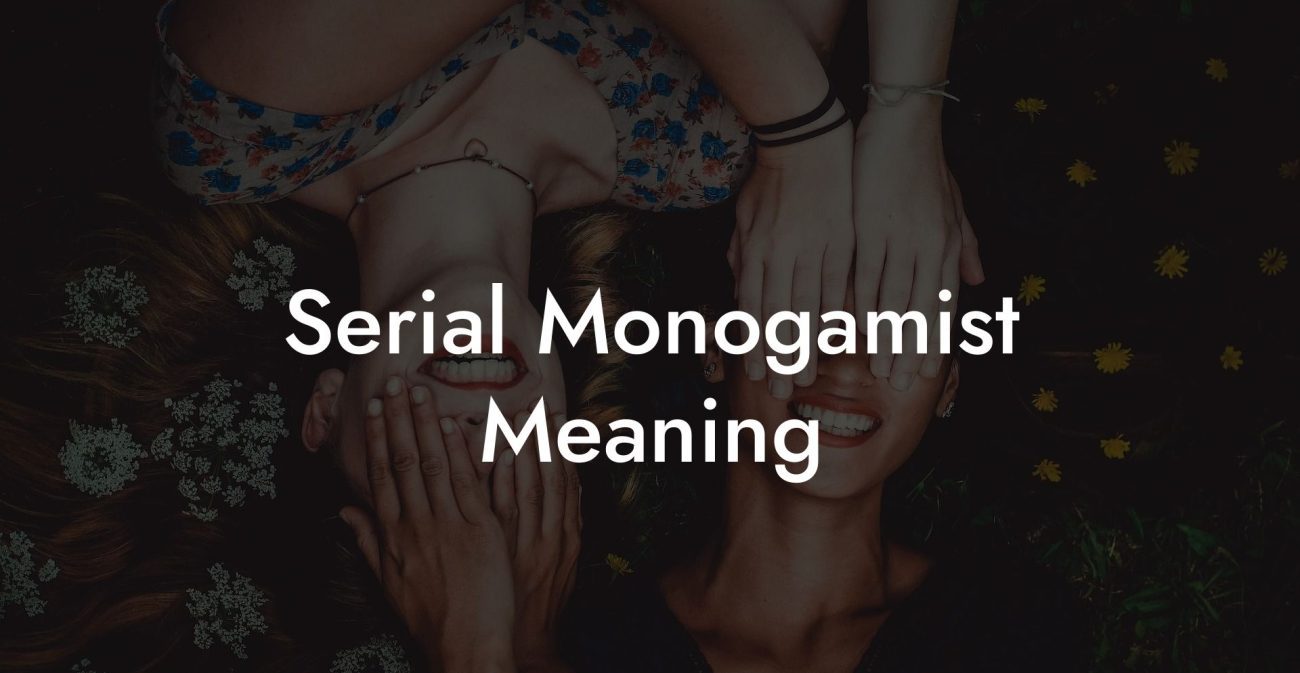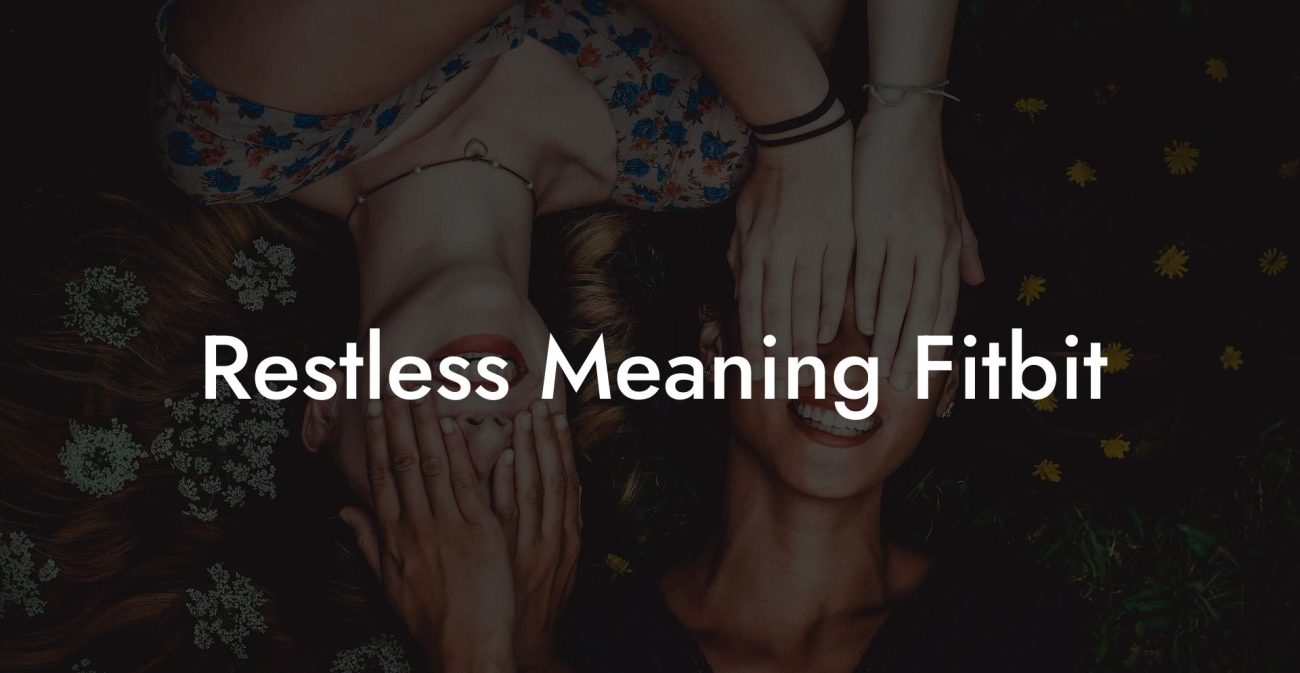In the ever-evolving landscape of human relationships, the age-old debate of monogamy versus non-monogamy has never been more relevant. As society becomes increasingly open to challenging traditional norms, it is important to explore and understand the different perspectives on these relationship structures. In this comprehensive guide, we will delve into the pros and cons of monogamy and non-monogamy and provide realistic examples that may help you decide what's best for you and your relationship.
Understanding Monogamy
Monogamy is a relationship structure in which a person commits to being romantically and sexually exclusive with one individual. It has been the dominant relationship structure in many societies for centuries and is often seen as the 'normal' way to engage in romantic relationships. Some of the benefits of monogamy include:
- Stability: Being committed to one person can create a strong foundation for a long-term relationship, fostering trust, loyalty, and emotional intimacy.
- Reduced risk of STDs: Assuming both partners are faithful, sexual exclusivity reduces the risk of contracting sexually transmitted diseases.
- Social acceptance: In many cultures, monogamous relationships tend to be more universally accepted and understood, which can minimize external judgment and criticism.
However, monogamy also has its drawbacks, which include:
- Loss of variety and novelty: Some individuals may find it challenging to satisfy all their desires with one partner and feel restricted by a monogamous structure.
- Pressure to maintain passion: Long-term monogamous couples may face struggles in keeping the spark alive in their relationship, leading to potential boredom and dissatisfaction.
- Infidelity: The exclusivity of monogamy can make it more challenging to navigate situations when one partner strays, often leading to emotional turmoil and potential relationship dissolution.
Exploring Non-Monogamy
Non-monogamy is an umbrella term that encompasses various relationship structures where individuals do not adhere to sexual and/or emotional exclusivity with one partner. These can include polyamory, open relationships, and swinging, among others. Some of the advantages of non-monogamous relationships are:
- Variety: Non-monogamous individuals can explore connections with multiple partners, providing opportunities for a wide range of emotional and sexual experiences.
- Personal growth: Engaging in non-monogamous relationships can promote self-awareness, communication skills, and flexibility.
- Reduced pressure: Allowing for multiple partners can alleviate the pressure of meeting all of one's needs through a single relationship.
Conversely, non-monogamy also has its share of challenges and drawbacks:
- Increased risk of STDs: Engaging in sexual activity with multiple partners increases the risk of contracting sexually transmitted diseases, necessitating rigorous communication and health screenings.
- Stigma and discrimination: Non-monogamous individuals may experience judgment, criticism, and marginalization from those who adhere to monogamous ideals.
- Time and emotional management: Navigating relationships with multiple partners can be time-consuming and emotionally demanding, requiring a high level of commitment and organizational skills.
Monogamy Vs Example:
Consider a couple who has been in a monogamous relationship for several years. As they continue to grow as individuals, one partner starts exploring their bisexuality and desires experiences with people of their same sex. After having an open, honest conversation, they decide to open their relationship to allow for these explorations while maintaining their emotional bond. This couple demonstrates that both monogamy and non-monogamy can coexist without being mutually exclusive and that open communication is key to navigating these complex dynamics.
Whether you choose monogamy or non-monogamy, it's important to remember that no relationship structure is inherently better or worse than another. It all comes down to personal preference and what works best for you and your partner(s). We hope this guide has provided valuable insights into the complexities of monogamy and non-monogamy. We encourage you to share this post with others who may be considering their relationship options, and explore other informative guides on The Monogamy Experiment for further understanding and growth.













